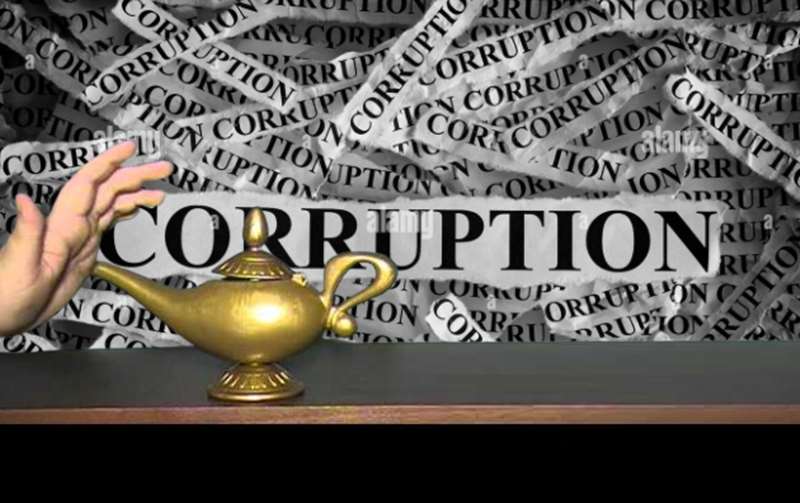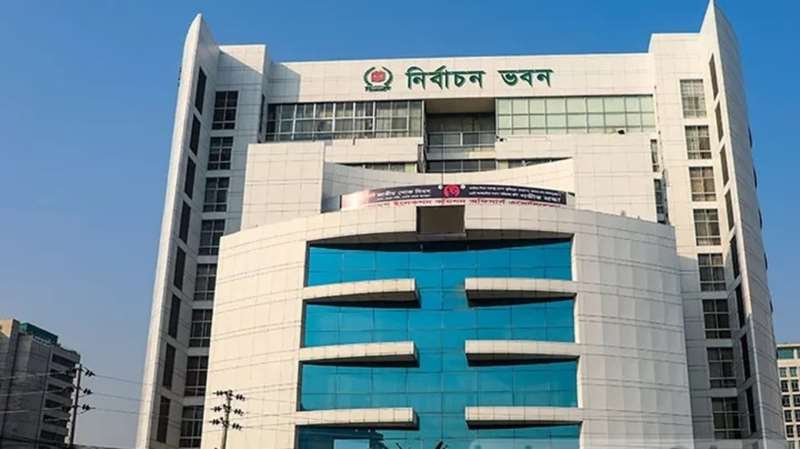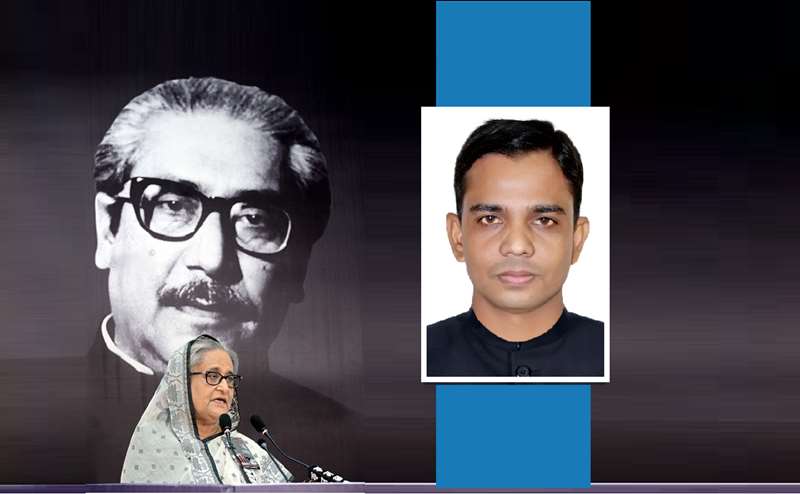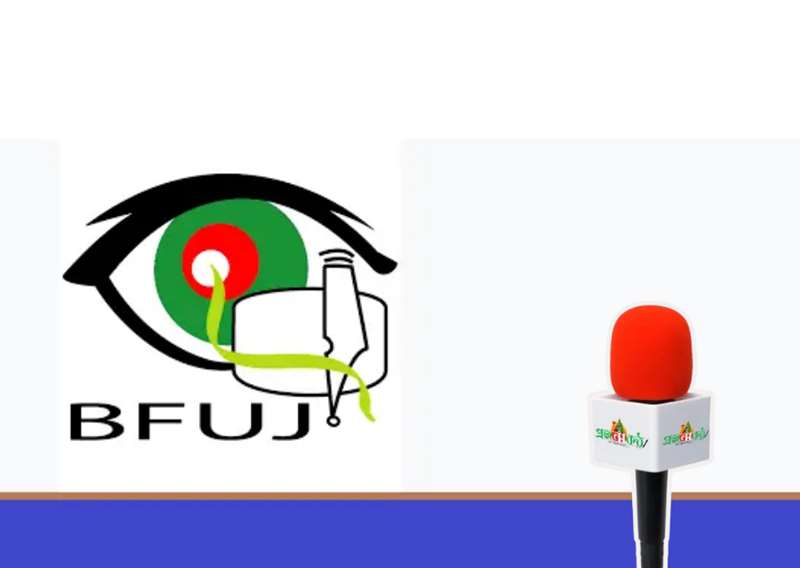Unveiling Corruption: The Aladdin's Lamp of Modern Times

The Aladdin's Lamp of Modern Times
In the age-old tale of Aladdin and his lamp, the mythical element bestowed upon its possessor boundless wealth and power. Fast forward to the present day, and it seems that the modern version of this lamp has emerged, not as a mystical artifact, but as the insidious force of corruption.
In this contemporary narrative, power, corruption, and assets have become intertwined, forming a sinister trinity. Where once stood a benevolent genie at the beck and call of Aladdin, now lurks a shadowy figure wielding administrative influence, armed coercion, and promises of illicit gains.
A recent exposé by 'The Kaler Kantho' sheds light on one such modern-day Aladdin: Benazir Ahmed, the former Inspector General of Police and Director General of RAB in Bangladesh. Herein lies a tale of staggering wealth amassed through dubious means, shattering the illusion of clean governance.
The revelation of Benazir Ahmed's vast assets raises troubling questions about accountability and the efficacy of anti-corruption measures. Despite serving at the helm of the country's largest law enforcement agency during pivotal moments, how did he escape scrutiny from the Anti-Corruption Commission (ACC)? His opulent holdings far surpass any conceivable income from his official position, pointing to a glaring lapse in oversight.
Indeed, the pathways to riches in Bangladesh appear limited to three: inheritance, legitimate business ventures, or the all too prevalent scourge of corruption. The vast chasm between Ahmed's declared earnings and his amassed wealth underscores the systemic failure to combat graft effectively.
Yet, his case is not an isolated incident but a microcosm of a broader epidemic plaguing the nation. The symbiotic relationship between power and corruption has entrenched itself, allowing a privileged few to amass fortunes while the majority languishes in poverty.
'The Kaler Kantho's' investigative report serves as a beacon of hope in an increasingly murky media landscape. In an era dominated by social media influencers and sensationalism, rigorous journalism that exposes malfeasance is more vital than ever. The ethical imperative to provide the accused an opportunity to respond remains paramount, yet the deafening silence from Ahmed speaks volumes.
This exposé brings into sharp focus the government's hollow rhetoric of zero tolerance for corruption. Despite digital reforms and pledges of transparency, graft continues to thrive unabated within state institutions. The lack of accountability within law enforcement agencies further exacerbates the crisis, raising questions about institutional integrity.
When those entrusted with upholding the law are implicated in wrongdoing, the onus falls squarely on the system to ensure accountability. Structural flaws within government institutions must be addressed, and culpability cannot be absolved through mere denials or deflections.
In confronting the specter of corruption, Bangladesh stands at a crossroads. Will it continue to tolerate the erosion of public trust and the enrichment of the powerful few at the expense of the many? Or will it heed the clarion call for transparency, accountability, and justice?
'The Kaler Kantho's' expose is a rallying cry for renewed vigilance against the insidious forces of corruption. It is incumbent upon both the government and the populace to heed this call, lest the lamp of justice be forever extinguished in the darkness of graft.
Mostafizur Rahman,
Publisher and Editor- projonmokantho










পাঠকের মন্তব্য